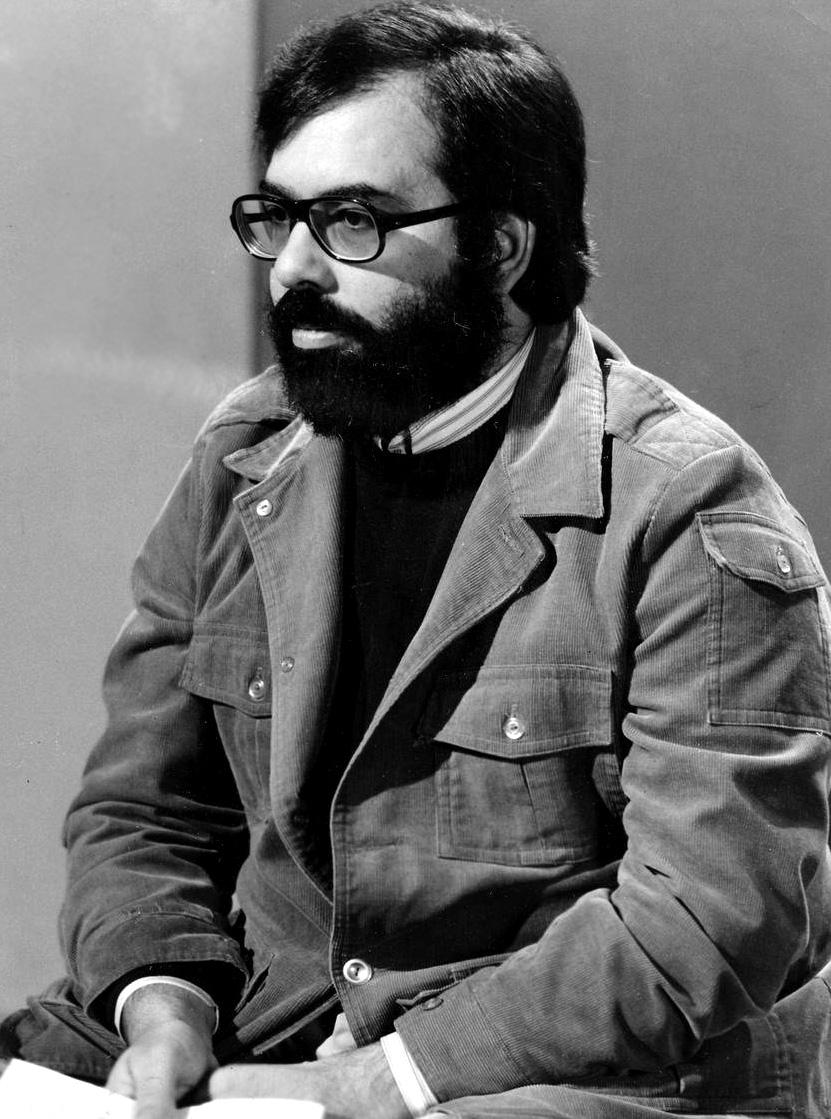Francis Ford Coppola is a genius among men. The legendary director is known for his detailed, brutal and extremely long works. Coppola directed and otherwise contributed to a host of films through his lengthy decades-spanning career, most if not all of which were met with critical praise. Some of his works, however, were more than just good. A few Coppola films were so phenomenal and revolutionary they changed the way films were made forever.
Coppola became interested in theater at a young age, and began creating his own home theater productions as a child. In high school, he was inspired by film and decided to pursue a career in cinema rather than live theater. He earned a degree in the arts in 1960, going on to work on a series of small low-budget films during that time. Coppola spent the ‘60s gathering skills and experience and honing his craft.
The ‘70s brought his first major works. In 1970 “Patton” was produced, not directed by Coppola, but using his highly controversial screenplay. Shortly thereafter in 1972, Coppola released “The Godfather,” a complicated three-hour masterpiece that revolutionized not only the gangster genre, but also the way film was used to tell stories. With the subversive use of symbols, a meticulous story, breathtaking cinematography and exquisite performances from the likes of Al Pacino, Robert Duvall, Marlon Brando and Diane Keaton, “The Godfather,” co-written and directed by Coppola, remains one of the most influential and masterful pieces of cinema ever created. And things only got better for Coppola from there.
The year 1974 was big for Coppola, as he released two highly successful films during that time. They were “The Conversation,” and “The Godfather Part II.” The former film was met with great critical praise and was lauded for its careful and creative sound editing as it tells the story of a man trying to glean information of a secret low-quality recording of a conversation. The latter expounded on Coppola’s earlier groundbreaking story, and remarkably was even more highly praised than the original. “Part II” was the first film to win an Academy Award for best picture, demonstrating that the only person who could follow a masterpiece like “The Godfather” was the man who directed it.
In 1979 Coppola released what I consider to be not only his greatest work, but one of the greatest films ever made. “Apocalypse Now” marked a very troubled period in Coppola’s life, and the set of “Apocalypse Now” literally almost killed him more than once. The film, utter masterpiece though it is, was plagued with issues behind the scenes from start to finish. It took twice as long as intended to film, more than doubled its intended budget, and not only caused its star Martin Sheen to have a heart attack on set, but also reportedly prompted Coppola himself to threaten suicide several times. Almost everyone on set was constantly high on cocaine or some other drug, the actors either couldn’t remember their lines or were completely unwilling to deliver them, and the sets themselves were plagued with accidents, one of which was fatal to a crewmember. The beginning of the film features Sheen alone as he trashes a Vietnamese hotel room while awaiting orders for his next mission. Sheen was so strung out on drugs and alcohol at the time that everything in that scene was improvised and happened naturally. Sheen really did punch a mirror and cut his hand wide open, he really did laugh and cry hysterically and unpredictably, and he really did lunge at Coppola behind the camera in an unprovoked minor attack. I could write a whole article about the magnificent disaster that is “Apocalypse Now” alone, but while Coppola never created anything better than this film, he did go on to direct more.
The ‘80s saw Coppola’s most prolific period. The man released a film in almost every year of the decade, sometimes more than one in a year. None of these films are as well known as his ‘70s works.
In the ‘90s, Coppola concluded his “Godfather” trilogy with the release of “The Godfather Part III.” This film was not as critically acclaimed as the first two installments in the series, but was still met with commercial success.
Coppola still makes films to this day, his most recent film released in 2015. He never did manage to recreate the genius and smash success he created during the ‘70s, but he remains an influential name in cinema. Surely, for “The Godfather” series and “Apocalypse Now” alone, Francis Ford Coppola earns a place on the list of the greatest directors of all time.
Director profile: Francis Ford Coppola
March 25, 2019
Photo by Creative Commons
Director Francis Ford Coppola is known for his works such as “Patton”, “The Godfather” trilogy and “Apocalypse Now”.
0
Donate to The Battalion
$1815
$5000
Contributed
Our Goal
Your donation will support the student journalists of Texas A&M University - College Station. Your contribution will allow us to purchase equipment and cover our annual website hosting costs, in addition to paying freelance staffers for their work, travel costs for coverage and more!










